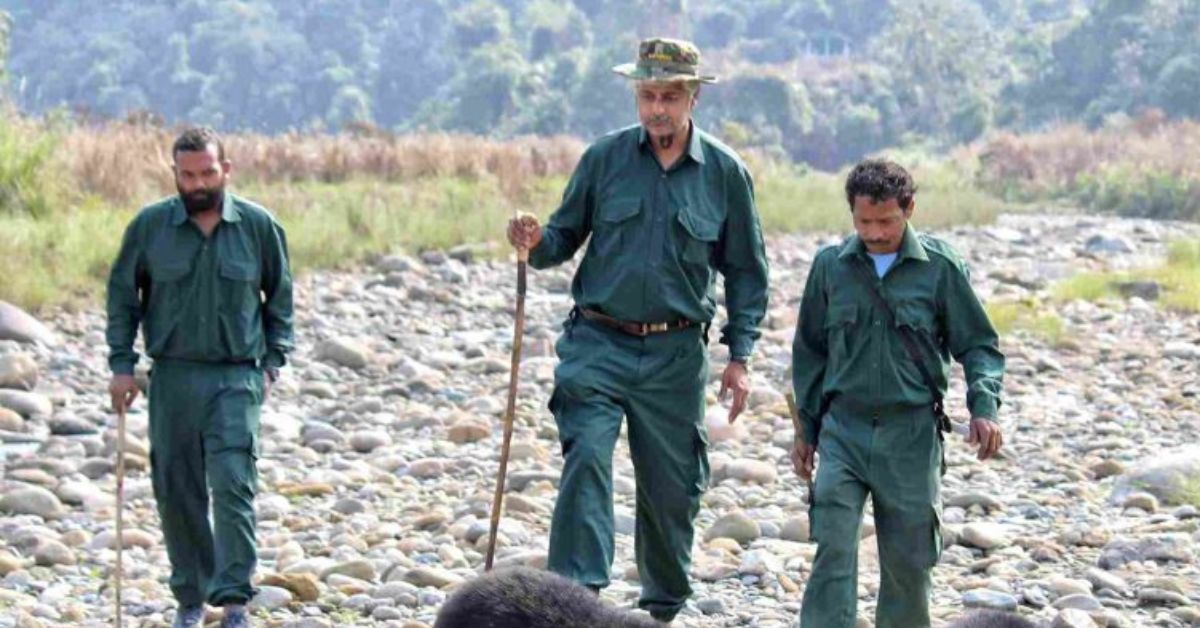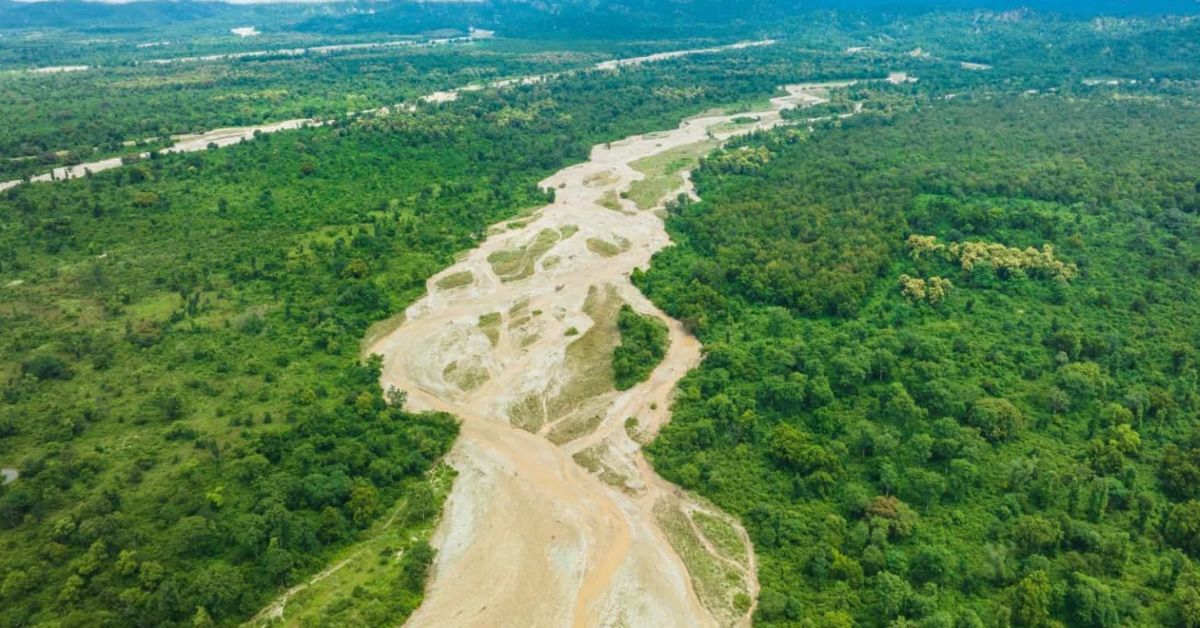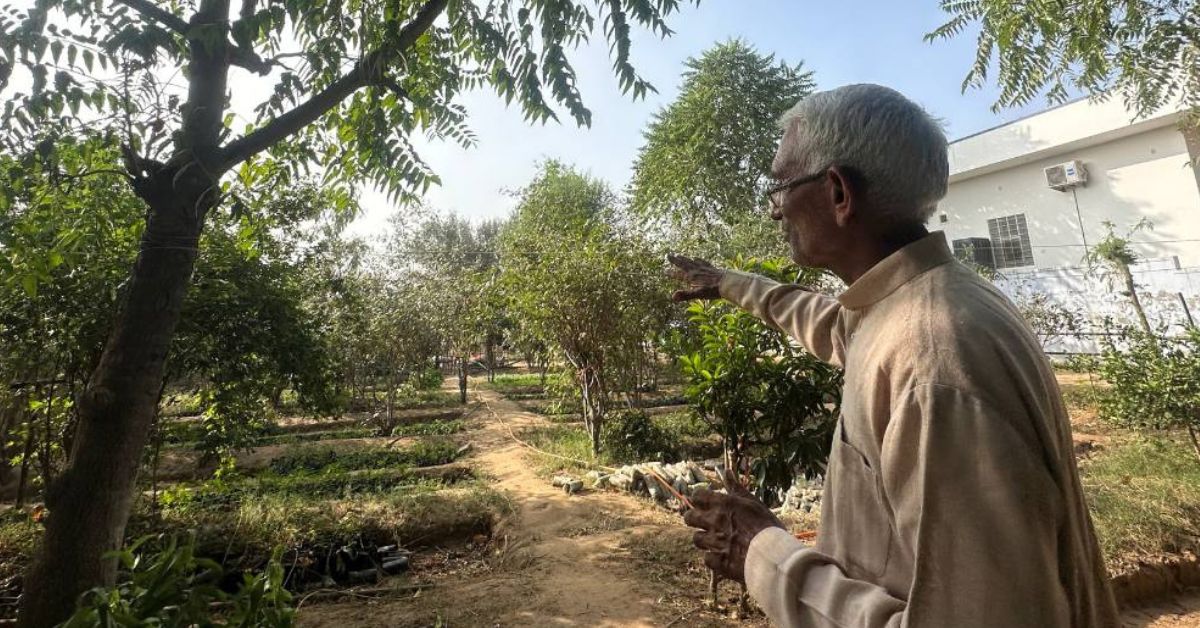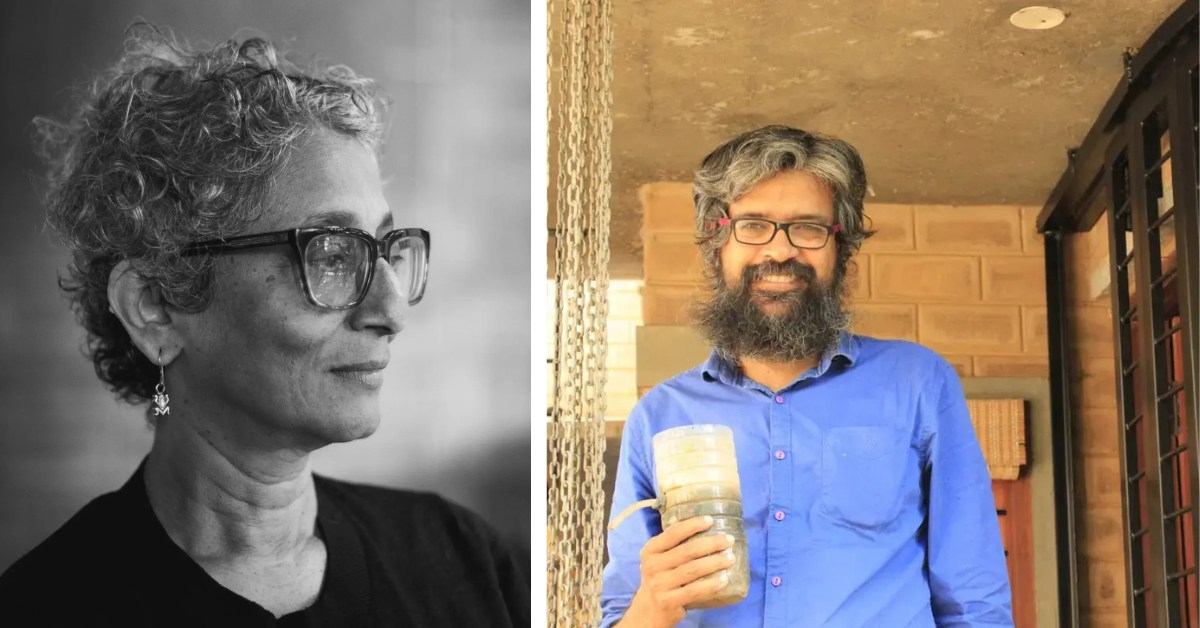Nominees Announced! Meet The Changemakers Championing Sustainability in India
Across India, individuals are responding to environmental and societal challenges with commitment, empathy, and ingenuity — not because it is easy, but because it matters. In doing so, they bring about change, nurturing ecosystems and communities alike.
In the ‘TBI Sustainability Changemakers’ category, this spirit emerges through radical ideas, revived traditions, and daily efforts that strengthen resilience and regeneration. Each changemaker builds tangible solutions that touch real lives.
As part of Optum Presents The Better India Showcase, supported by the M3M Foundation — celebrating dreamers across nine areas of impact — we introduce five sustainability champions whose work is shaping a better, enduring India.
1. Dr Lal Singh, Maharashtra
Dr Lal Singh, principal scientist at the Council of Scientific and Industrial Research – National Environmental Engineering Research Institute (CSIR–NEERI), has been diligently restoring fly ash-polluted land in the Vidarbha region since 2018 using his Eco‑Rejuvenation Technology (ERT).
By planting bamboo and indigenous tree species, he and his team have turned toxic, degraded lands into revitalised ecosystems. Their intervention has markedly improved air quality, revived biodiversity, and restored soil fertility, making the land farmable once more.
Equally important, the initiative has provided meaningful employment to 20 local women, engaging them in restoration efforts that uplift both landscape and livelihood.
2. Vivek Menon, Kerala
Vivek Menon, a veteran conservationist from Kerala, has spent over three decades safeguarding India’s wildlife. In 1998, he co‑founded the Wildlife Trust of India (WTI), which today leads a broad conservation movement across the country.
 In 1998, Vivek Menon co‑founded the Wildlife Trust of India (WTI)
In 1998, Vivek Menon co‑founded the Wildlife Trust of India (WTI)
Under his leadership, WTI has identified and secured 101 elephant corridors across 11 states, facilitating safe passage for more than 29,000 Asian elephants. His anti‑poaching initiative, Operation Shikkar, dismantled ivory networks and led to significant arrests.
WTI now runs over 400 initiatives — from rescue to habitat restoration and community engagement — demonstrating how science, policy, and local action can protect India’s natural heritage.
3. Jai Dhar Gupta and Vijay Dhasmana, Delhi and Uttarakhand
Jai Dhar Gupta, an environmentalist and entrepreneur, together with rewilding expert Vijay Dhasmana, has created the Rajaji Raghati Biosphere, spanning 35 acres near Rajaji National Park in Uttarakhand.
Motivated by a vision inspired in part by ‘Avatar’, they cleared invasive eucalyptus and reintroduced more than 80 native plant species, many teetering on the brink of disappearance.
 Environmentalist Jai Dhar Gupta and rewilding expert Vijay Dhasmana together created the Rajaji Raghati Biosphere
Environmentalist Jai Dhar Gupta and rewilding expert Vijay Dhasmana together created the Rajaji Raghati Biosphere
The rewilded land now welcomes wildlife, including leopards and elephants, and stands as India’s first private advance in ecological restoration, showing the promise of private-sector-led conservation.
4. Sundaram Verma, Rajasthan
Sundaram Verma, a farmer from Daanta village in Rajasthan’s Sikar district, has led a water-efficient afforestation method.
Since 1985, he has been planting trees using only one litre of water per sapling, owing to deep ploughing during the monsoon that retains soil moisture. Over the decades, he has planted more than 60,000 trees and preserved more than 700 native seed varieties.
 Sundaram’s one-litre water method relies on deep ploughing during the monsoon to trap soil moisture for months without irrigation
Sundaram’s one-litre water method relies on deep ploughing during the monsoon to trap soil moisture for months without irrigation
His innovation has been recognised with the Padma Shri in 2019, serving as an example of sustainable farming in water-stressed landscapes.
5. Chitra Vishwanath and S Vishwanath, Bengaluru
Architect Chitra Vishwanath and urban planner S Vishwanath (founder of the Rainwater Club) co-founded Biome Environmental Solutions in 2008, building upon Chitra’s sustainability journey that began in 1990.
Their firm champions ecological architecture and water-sensitive urban planning. Across schools, hospitals, eco-resorts, factories, and homes, Biome projects use natural materials, passive design, and rainwater harvesting.
The Vishwanaths have shown how architecture can be responsive to climate constraints, embedding ecological principles into India’s urban future.
 Biome Environmental Solutions champions ecological architecture and water-sensitive urban planning
Biome Environmental Solutions champions ecological architecture and water-sensitive urban planning
Change rarely begins with authority — it often starts with a single choice to act and a determination to persevere. These changemakers remind us that progress is created through action, not waiting.
The Showcase may be a single event, but its impact continues.
Every winner (and several nominees) will be featured year-round across The Better India platforms through:
- Video documentaries
- In-depth written stories
- Short reels and social content
Recognition’s real power lies in what follows the applause; these stories will endure long after September.
Save the date
Optum Presents The Better India Showcase, supported by the M3M Foundation, premieres on 18 September 2025 — an homage to service, resilience, and the people building India’s better tomorrow.
Meet the nominees, explore their stories, and follow their journeys of impact — all in one place: Click here.
News